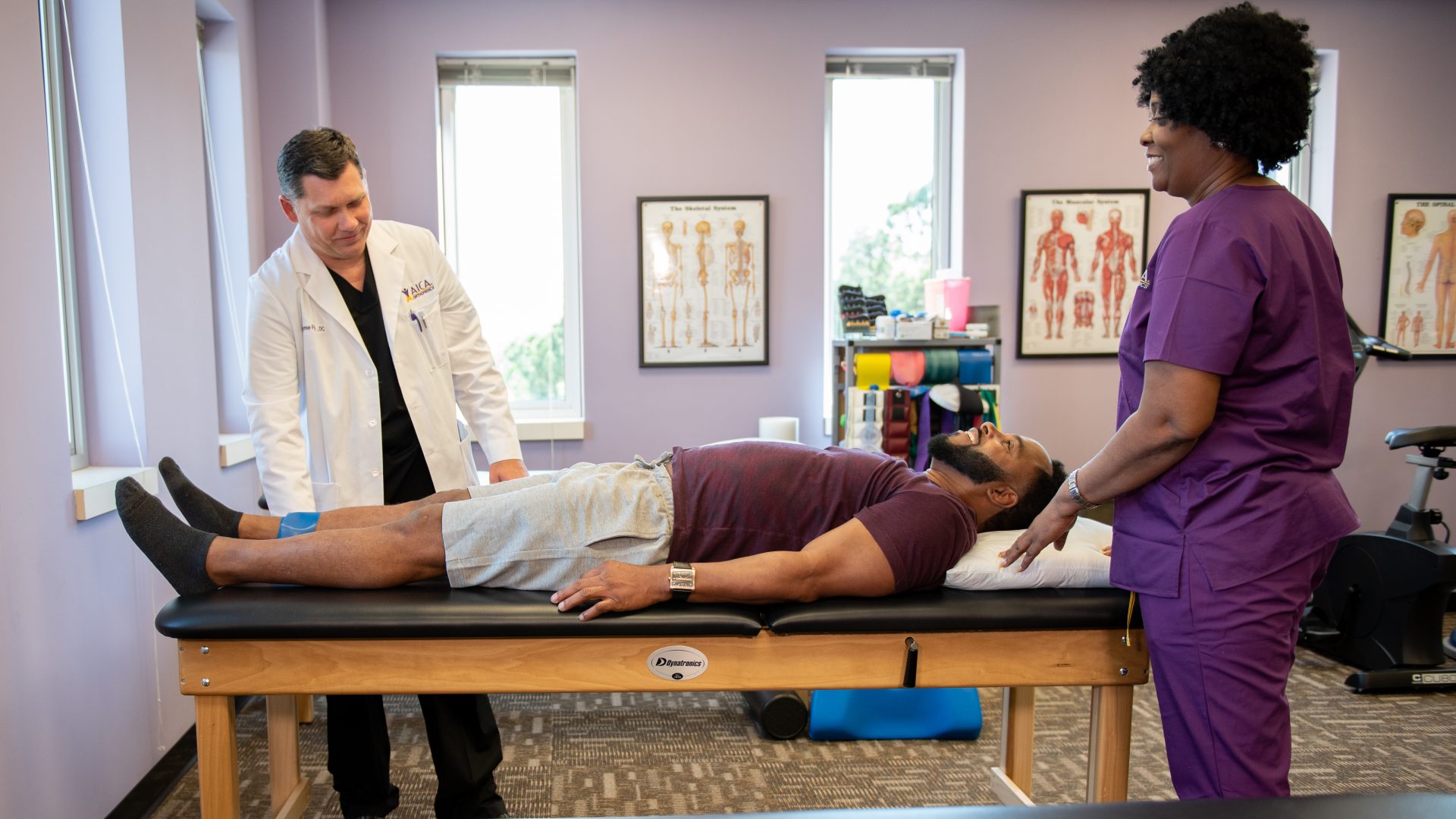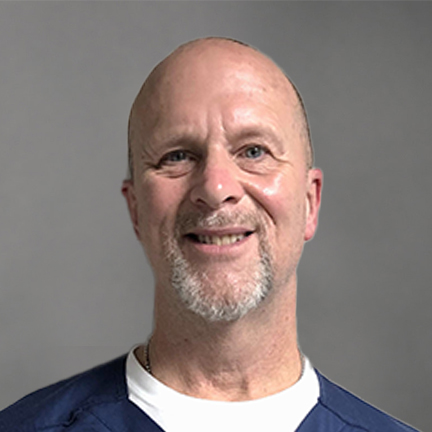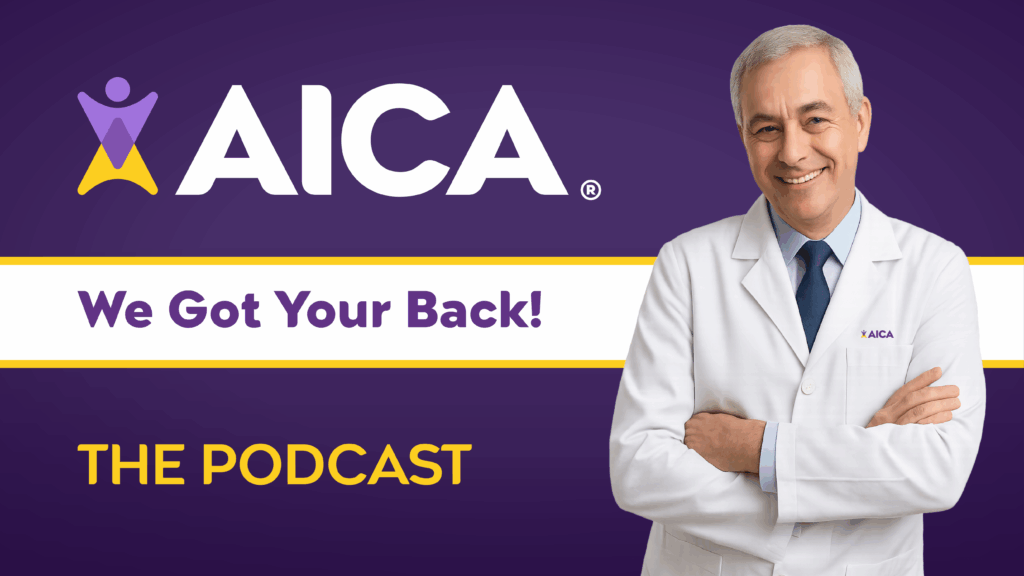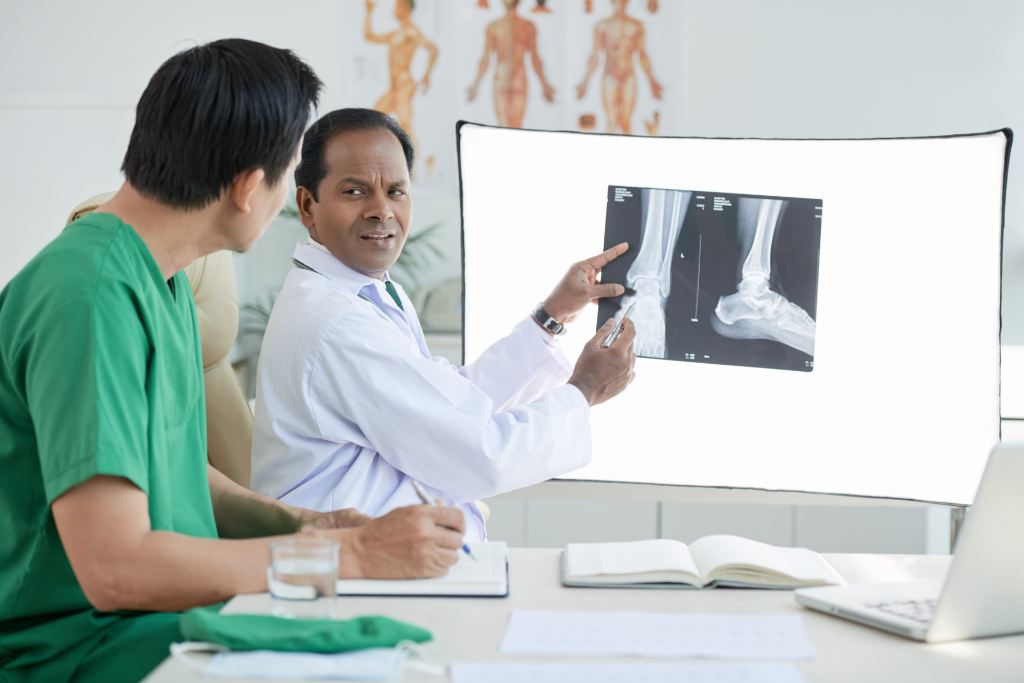
Fisioterapia
Fisioterapia
Mucha gente confunde fisioterapia y terapia física. Aunque son similares, tienen diferencias claras que las mantienen separadas en dos áreas distintas de la medicina. La fisioterapia es un método de tratamiento que se centra en el movimiento y adopta un enfoque más práctico (la fisioterapia se centra principalmente en ejercicios específicos). Los fisioterapeutas tratan a personas que tienen una lesión, enfermedad o trastorno para mejorar su funcionamiento corporal, su salud y su calidad de vida.
¿Qué es la fisioterapia?
La fisioterapia utiliza métodos físicos para tratar trastornos, enfermedades y lesiones. Puede utilizar masoterapia, ejercicios, manipulación de una zona concreta del cuerpo, medicación o cirugía. La fisioterapia musculoesquelética es el método más común de tratar a las personas con esta rama de la medicina. Trata problemas musculares o esqueléticos, como esguinces, distensiones, dolor de espalda y artritis. Es el tipo de fisioterapia con el que se trata a la mayoría de las personas con lesiones. Otro método de tratamiento es la fisioterapia neurológica. En ella se trata a personas que han sufrido derrames cerebrales, que viven con una lesión medular o que padecen una lesión, enfermedad o trastorno neurológico. Este tipo de fisioterapia suele incluir manipulaciones de la columna vertebral, masajes terapéuticos y ejercicios neurológicos. Los tratamientos de fisioterapia cardiotorácica ayudarán a quienes tengan problemas respiratorios, como asma o bronquitis. Sea cual sea el tipo de tratamiento, la fisioterapia siempre pretende mejorar la función corporal, aliviar el dolor y aportar salud, todo ello apoyando los procesos naturales de tu cuerpo y su capacidad innata de curarse a sí mismo.
Fisioterapia tras un accidente
Los accidentes de coche y las lesiones son los sucesos más comunes que llevan a la gente a nuestra consulta para trabajar con un fisioterapeuta. Esta rama de la medicina trata de mejorar el funcionamiento del cuerpo en su conjunto, en lugar de tratar sólo una zona o un síntoma. Se trata de ver cómo todos los sistemas primarios del cuerpo -muscular, esquelético y nervioso- trabajan juntos para conseguir una función, salud y bienestar óptimos. La fisioterapia tras un accidente de coche o una lesión puede ayudarte a aliviar el dolor más rápidamente, así como a aumentar tu fuerza, flexibilidad, coordinación y equilibrio. No sólo te devolverá a donde estabas antes del accidente o la lesión, sino que puede ayudarte a alcanzar nuevos niveles de resistencia, fuerza y funcionamiento corporal óptimo.
Fisioterapia para otras afecciones
Dependiendo de tus circunstancias personales, la fisioterapia puede ser completamente distinta para ti que para otra persona. Puedes hacer ejercicios de fuerza, recibir terapia de masaje neuromuscular, someterte a manipulación articular, trabajar los estiramientos o someterte a un tratamiento de electroterapia. Tanto si tienes movilidad limitada, problemas neurológicos, dolor crónico o cualquier otra cosa, nuestros especialistas en fisioterapia pueden proporcionarte un tratamiento excelente para que te cures rápidamente y mejores tu calidad de vida lo antes posible.
Equipos de diagnóstico por imagen y pruebas de última generación
Cuando sufres un dolor o una lesión, una exploración física sólo puede aportar a los especialistas en ortopedia una cantidad limitada de información. Una información limitada puede ser beneficiosa, pero aún así puede no ser suficiente para diagnosticar y tratar por completo tus problemas de salud. Con la tecnología de imagen, los especialistas ortopédicos de AICA pueden utilizar imágenes precisas para determinar la causa exacta de tu lesión o dolor. Se utilizan herramientas específicas en función de tu tipo de lesión para que los fisioterapeutas tengan la visión más precisa de la zona problemática. Algunos tipos habituales de exploraciones o pruebas de imagen utilizadas por los fisioterapeutas son los TAC, las radiografías, las resonancias magnéticas, los EMG o las pruebas NCS.
Rayos X
CT Scan
IRM
Análisis de los nervios
Con el diagnóstico por imagen de última generación de AICA, los fisioterapeutas pueden determinar el origen de tu dolor para desarrollar un tratamiento que responda mejor a tus necesidades, con el fin de conseguir una curación más rápida y completa de tu cuerpo. Estás en manos muy capaces con nuestros fisioterapeutas altamente cualificados de AICA Orthopedics en Atlanta.
Más información sobre la fisioterapia en Ortopedia AICA
Todo nuestro personal está preparado para proporcionarte una atención médica integral, sea cual sea tu problema físico. Trabajaremos junto con otros especialistas para diseñar un plan de tratamiento personalizado para ti, de modo que puedas experimentar una salud óptima, un bienestar corporal completo y la mejor vida posible. Ponte en contacto con nosotros en Ortopedia AICA para saber más sobre nuestros servicios o para programar tu consulta.









